Our Research
The fourth division (BP4) of The Fundamental Research Department (Departament Badań Podstawowych) deals with research in astrophysics and astronomy, mainly their observational aspects. The BP4 division is located in Warsaw at 7 Pasteura street.
The research conducted at the Astrophysics Laboratory includes:
- Cosmology: CMB, large structures of the Universe, dark matter, non-standard cosmology and gravitational lensing
- Gravitational waves: Multi-messenger astronomy, new tools for cosmology
- Physics of galaxies: Formation and evolution of galaxies, AGN, quasars and gamma-ray burst
- Interstellar medium: Star formation, neutron stars and white dwarfs
The BP4 division is also involved in several international projects. Check our Scientific Projects page for more information.
Seminars
Upcoming seminars for all of NCBJ can be found here.
The seminar archive for NCBJ can be found here.
Latest News
Scroll down for the latest news about the research done by our division or click here.
World News
dr Pratik Dabhade from BP4 was a leading author in a recent paper studying odd radio circles. The paper, published in MNRAS, found an extremely rare double-ringed odd radio circle. This has created a stir around the world, attracting the attention of CNN (https://edition.cnn.com/2025/10/14/science/odd-radio-circles-double-rings) and CBS (https://www.cbsnews.com/news/most-powerful-odd-radio-circle-twins-ever-detected/).Conference Participation
BP4 participate in may national and intersectional conferences. We share our cutting edge research and enthusiasm with other astronomers across the world. Below are pictures from our trips across the globe over the last year or so.
Latest News
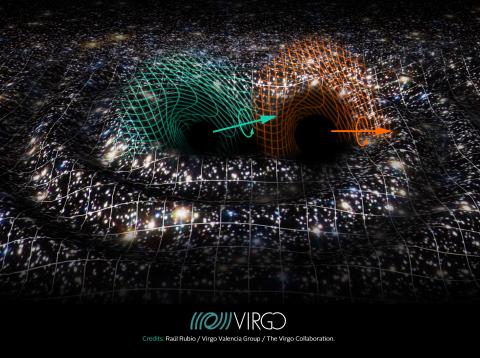
Virgo i LIGO odkrywają nową i niezwykłą populację czarnych dziur
Virgo i LIGO ogłosiły wykrycie fal grawitacyjnych z układu dwóch czarnych dziur, które połączyły się tworząc czarną dziurę o masie około 142 mas Słońca. Utworzony obiekt znajduje się w zakresie mas, w którym nigdy wcześniej nie obserwowaliśmy czarnych dziur: ani za pomocą fal grawitacyjnych, ani obserwacji elektromagnetycznych. W badaniach biorą udział naukowcy z NCBJ.
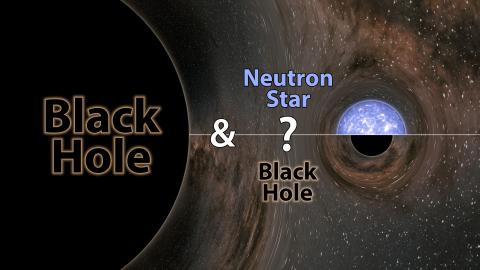
GW190814 - fale grawitacyjne pochodzące ze zlania się nietypowego układu podwójnego
Detektory LIGO-Virgo zarejestrowały fale grawitacyjne ze zlania się nietypowego układu podwójnego zawierającego czarną dziurę i inny zwarty, dziewięciokrotnie lżejszy obiekt, który może być albo najlżejszą wykrytą czarną dziurą albo najcięższą zaobserwowaną gwiazdą neutronową. Tak duża asymetria masy układu pozwala na nowe, precyzyjne testy ogólnej teorii względności. W badaniach biorą udział Polacy, w tym trzech naukowców z NCBJ.
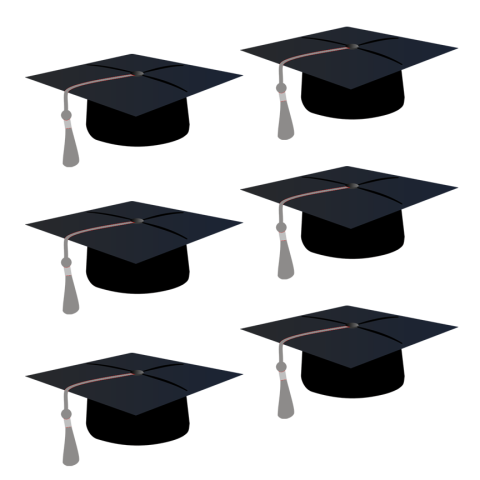
Sześć habilitacji w pół roku. Tak trzymać!
Tolga Altinoluk, Michał Bluj, Katarzyna Małek, Jacek Rzadkiewicz, Jakub Wagner i Paweł Ziń to sześcioro nowych doktorów habilitowanych w NCBJ, którzy stopień doktora habilitowanego uzyskali w pierwszej połowie 2020 roku. Pracują oni w Departamencie Badań Podstawowych i w Departamencie Aparatury i Technik Jądrowych.

POLAR-2 will fly into space
A list of experiments, which will be placed on board the Chinese space station, as a part of cooperation between China and ONZ, has been announced on 12th of June in Vienna. Among the nine experiments accepted for execution there is the POLAR-2: Gamma-Ray Burst Polarimetry on the China Space Station. The project has been prepared by a consortium with participation of NCBJ.
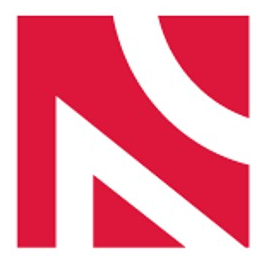
NCN: Over 6 million PLN grants for scientists from Department of Fundamental Research
Results of the most recent competitions from National Science Centre MAESTRO, HARMONIA and SONATA BIS. HARMONIA grant will be given to Professor Agnieszka Pollo for project VIPERS and furthermore… SONATA BIS grants will be given to Professor Justyna Łagoda (Precise measurement of neutrino oscillations… T2K), Dr Katarzyna Małek (ASTROdust project…) and Dr Przemysław Małkiewicz (for research on quantum origin of cosmic expansion and primordial structures).
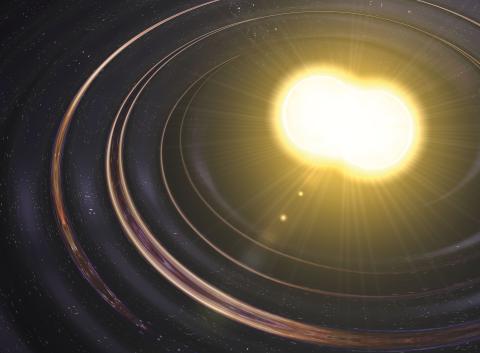
Detection of four additional gravity wave signals
Analysis of data from Advanced LIGO detectors revealed four new sources of gravitational waves. The signal GW170729 is connected to the most massive and distant source that was observed so far. Another one, GW170818, was discovered thanks to global network of three LIGO-Virgo detectors. It corresponds to the binary system located around 2,5 bilion light years from Earth.












